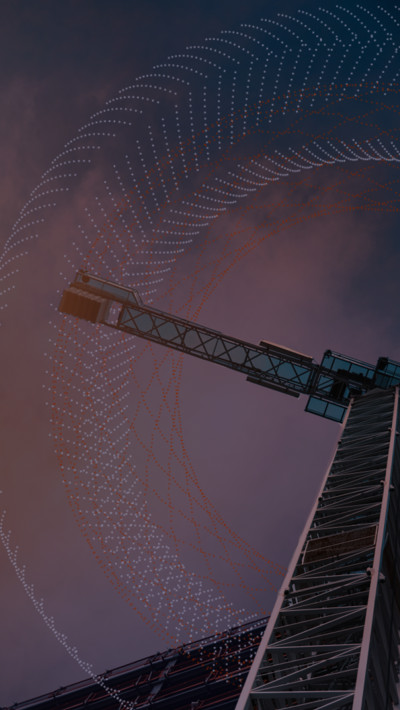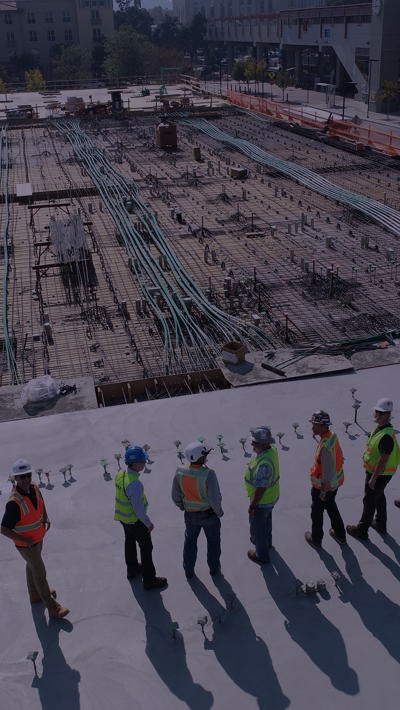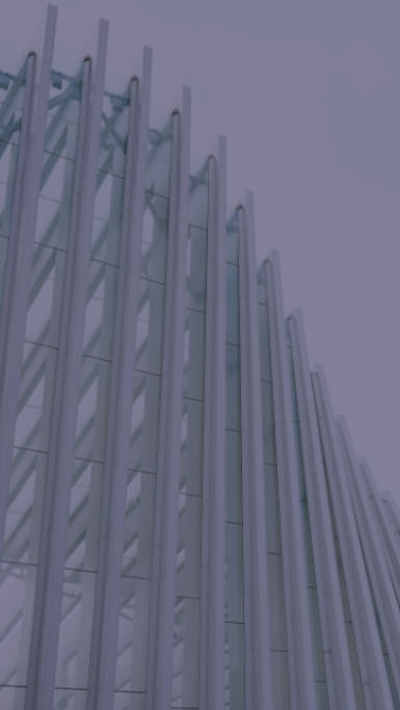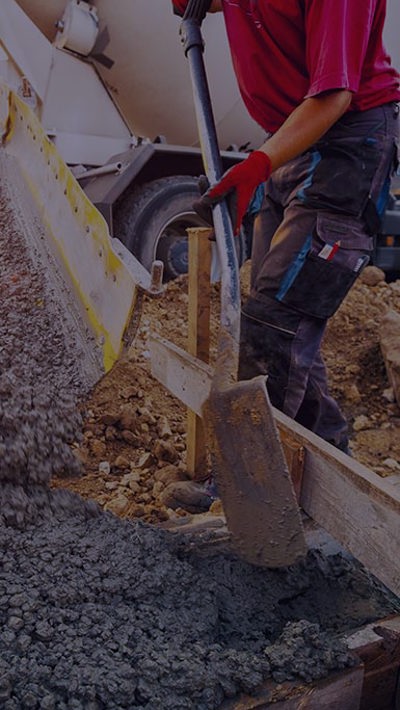Contents
The proposed revisions to the dispute resolution process in Standards New Zealand’s revised NZS3910 standard form construction contract need further consideration.
Clause 13 currently requires that all disputes are referred to the Engineer for a formal decision, and if they are dissatisfied with the outcome, to arbitration. The wording being offered for consultation is shorter and simpler.
But it also needs to be clear about how each kind of dispute is to be dealt with, and what the pre-conditions are to taking particular dispute resolution steps.
We outline three early concerns with the proposed changes and suggest some solutions.
Good faith negotiations
New clause 13.1.1 requires the parties to endeavour promptly to resolve any dispute or difference between them by negotiation in good faith between senior members of their respective organisations, before referring any matter for dispute resolution.
It will be difficult to know when this condition is satisfied. No time limit for completion of those negotiations is prescribed. A party may be able to delay progression of the dispute under clause 13 by arguing that the counterparty has not “tried hard enough” or not negotiated in good faith.
We suggest a defined period for negotiation, commenced by the provision of a written notice of dispute, following which either party is entitled to move to the other dispute resolution steps under Clause 13.
The Independent Certifier’s review role
New clause 6.2.2 provides that the Independent Certifier must act fairly, impartially and independently of either contracting party in making decisions “on all matters between the parties that are entrusted to the Independent Certifier” and contains a wide-ranging inclusive list of potential subject-matter.
However, the contract is not clear on which matters can be referred to the Independent Certifier and which must be referred.
For example, clause 9.3.5 provides that the Independent Certifier shall determine any dispute between the Contractor and Contract Administrator as to the value of a Variation. On its face this is intended to be mandatory, and a pre-condition to the clause 13 dispute process.
But there is no equivalent clause requiring the Independent Certifiers to determine disputes about whether a matter is a Variation in the first place. Clause 6.2.2 states that the Independent Certifier can determine such a dispute but does not require the parties to refer that dispute to them or provide an explicit mechanism by which to do so.
Where there is no obviously mandatory language requiring the Independent Certifier to decide a matter, it is not clear whether the parties can choose not to use them. Nor is it explicitly stated how a dispute is to be referred.
Is a decision from the Independent Certifier a condition precedent to arbitration?
The Court of Appeal in SRG Global Remediation Services (NZ) Limited v Body Corporate 197281 confirmed that in the current NZS3910 an Engineer’s formal decision is a condition precedent to the right to arbitration.1 As an Engineer’s formal decision cannot be obtained more than one month after the issue of a Final Payment Schedule, disputes arising from that point must be determined in the Courts rather than arbitration.
It is unclear whether an Independent Certifier’s Final Decision is a condition precedent to arbitration under the revised NZS3910.
The new clause 6.4.1 provides that the parties may request the Independent Certifier to review particular Instructions or Decisions but can only do so within three months of the relevant Instruction or Decision.
If such a request is made in time, the Independent Certifier is required to render a Decision in response, and a Final Decision, if one is sought (clauses 6.4.2 and 6.4.5).
Clause 13.3.1 then provides that the parties agree to refer any dispute or difference to arbitration. Where the dispute relates to a Final Decision, clause 13.3.2 provides the dispute may be referred to arbitration if either the Principal or Contractor is dissatisfied with the Final Decision, or no Final Decision is given by the Independent Certifier within the time specified. The clause is silent about what occurs if there is no Final Decision, or no Independent Certifier’s review at all.
If the intention is that a review by the Independent Certifier is the mandatory first step in any dispute process, this would carry the risk of the same problem as occurred in SRG. Where the Independent Certifier has no power to undertake a review (for example because the review is not requested within three months), the arbitration agreement in clause 13 would cease to be available.
Read overall, the intention of the draft appears to be that an Independent Certifier’s decision is not a condition precedent to an arbitration, and that the processes in clause 6.4 and 13 could, at least theoretically, proceed in parallel. That would solve the SRG problem. If so, we suggest the wording of both clauses should be amended to make this clear.
1. SRG Global Remediation Services (NZ) Limited v Body Corporate 197281 [2022] NZCA 518 (2 November 2022).











































































































